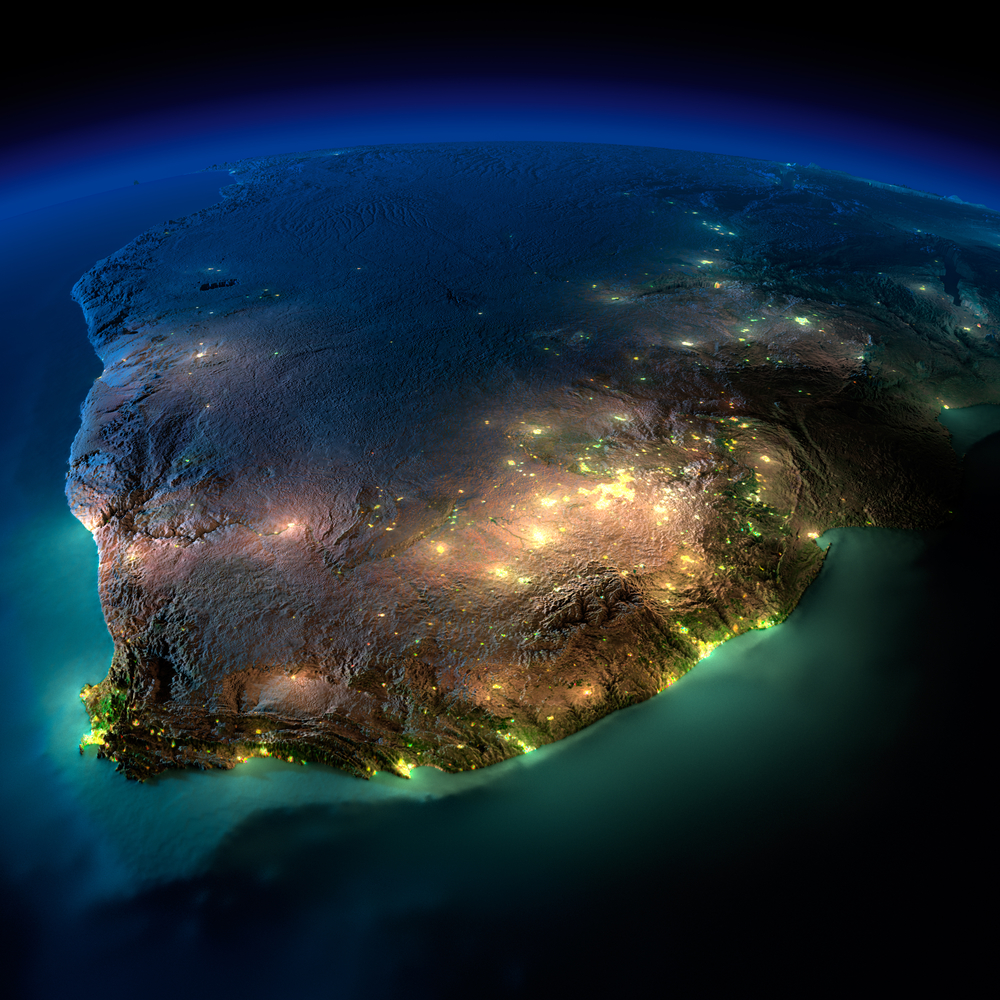
Africa has taken a step towards an integrated regional market of 52 African countries with more than 1.2 billion people and a projected annual GDP of more than $2.5 trillion. The first phase of the agreement is set to take effect in July 2020.
The Africa Continental Free Trade Agreement (AfCFTA) would will initially require member states to remove tariffs from 90% of goods, allowing free access to commodities, goods, and services across the continent, as The Economist reports. Nigeria is the only major economy to have not signed onto the deal as yet. As Africa’s largest economy, its entry would boost the already exciting prospects.
Amidst the African Union’s 55 member countries, rates of progress are highly varied. The latest growth forecasts take place in the context of improvements in governance as the norm, not the exception.
Still, excitement at the economic potential is tempered by past shortcomings. Africa taken as a whole has disappointed expectations before, when projected growth fell below what was forecast.
However, some nuances are important in considering a free trade deal in light of AfCFTA.
Commodity-focused Nigeria and Angola are large natural resource economies. When commodity prices drop, they put brakes on the overall average. Large but sluggish South Africa – hampered by low-growth ideology – has had the same effect.
Yet several other African markets continued to do well even during the slowdowns at rates of up to 8% in the case of Ethiopia, the world’s fastest growing economy last year. It’s worth segmenting each country’s market as part of a comprehensive business strategy, just as one does among different states in the US, or the various countries of the European Union.
To put the overall economic opportunity in perspective, including the challenges, consider that a major G7 economy like Canada (the only G7 country with free-trade agreements with all other G7 members), currently has free trade agreements with 51 countries across North America, Europe, and the Asia-Pacific – which together, have a combined population of 1.5 billion people. Canada could effectively double its free trade footprint, in light of the African Continental Free Trade Agreement (AfCFTA).
Africa’s Geo-Political Importance in Global Trade
Africa remains a vitally important continent, as I previously pointed out at the Heritage Foundation. As one of the world’s largest exporters of precious metals used in a multitude of industrial and commercial applications, continued trade has been termed “vital for the economic security of the West.”
Africa is also where vast economic growth potential and over a billion people see witness to ongoing battles of Chinese versus U.S. influence and area-specific threats of terrorism.
With its mineral resources and power as a regional hegemon in Sub-Saharan Africa, it occupies a vital strategic place for North America on a continent of over one billion consumers, as I noted at Law and Liberty earlier this year.
Beyond natural resources, the continent is also leapfrogging, with more mobile phones per capita than anywhere else in the world and a formidable population.
By 2025 Africans will make up the largest share of the world’s population collectively, more than China. Africa will also remain young: By 2055, the continent’s youth population (aged 15-24), is expected to be more than double to just shy of half a billion. Come 2050, around 2.2 billion people could be added to the global population and more than half of that growth will occur in Africa.
Driven by the realization of its economic prospects, we can expect to see geo-political shifts toward Africa and its partners for which few are prepared at present.
The new continental wide free trade deal matters
Proponents of freedom are making ground in Africa, especially in the context of overall improvements in governance.
Adedayo Thomas, a long-time liberty advocate is now Nigeria’s Film Commissioner, in the world’s second largest film market. Self-described ‘Capitalist Crusader’ Mayor Herman Mashaba made headlines with his election in 2016 as Mayor of Johannesburg. While avoiding ideological titles, Patricia De Lille, recently named Minister of Public Works in South Africa from among its opposition ranks, supports title deeds and property rights, privatizing superfluous state land for private ownership by the poor, and approved important deregulation as Mayor of Cape Town.
In the more important battle of ideas, valiant efforts continue across the continent, especially among a new generation of thought leaders ready for the battle of ideas among their peers – heirs to what is arguably a classical liberal tradition in Africa.
For now, the desire by trading partners outside Africa for a deal with the African Continental Free Trade Area, via the African Union, should be done with conditions that ensure signatories comply with institutional norms conducive to freedom and growth.
In this regard the Africa Growth and Opportunity Act (AGOA), entered into by the United States with qualifying Sub-Saharan African markets, is a laudable starting point, that ties trade to conditions that ensure it is truly free and reciprocal. The current trade war between the US and China may be a warning of what happens when conditions are not enforced early on in the face of massive economic opportunity, according to free market proponents of current actions against Beijing.
Garreth Bloor is a vice president of the IRR, the oldest classical liberal think tank in South Africa. He served as a former executive politician in the country and is the founder of a venture capital firm. Bloor currently resides in Toronto.

Comments are closed.